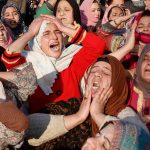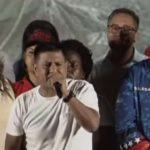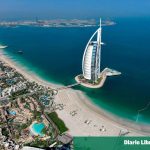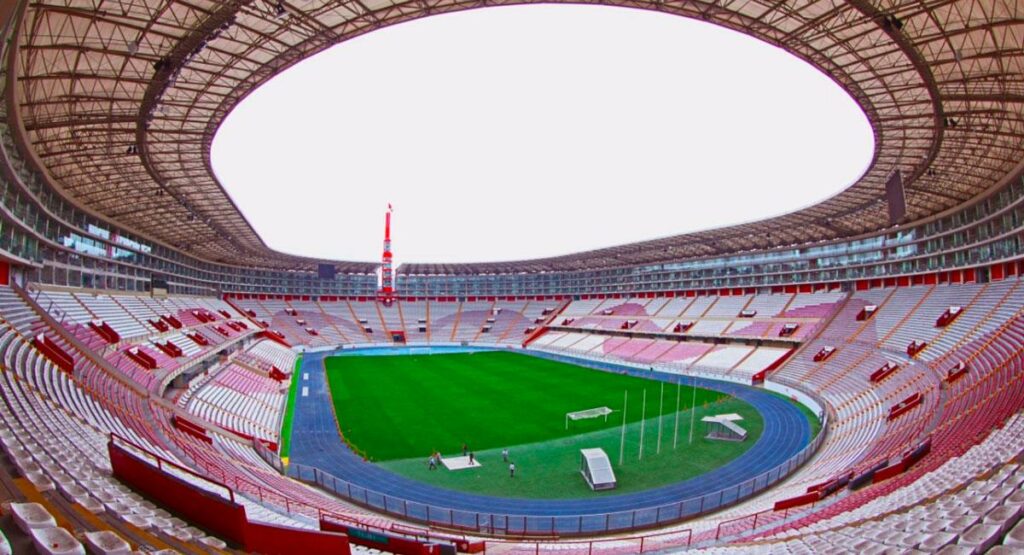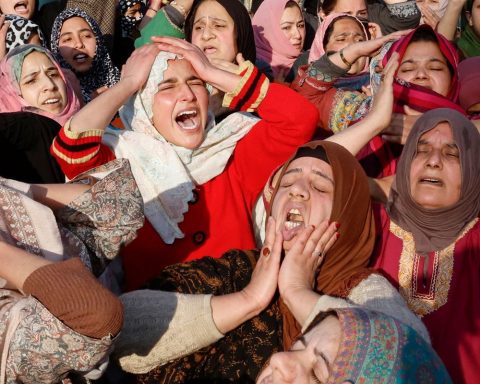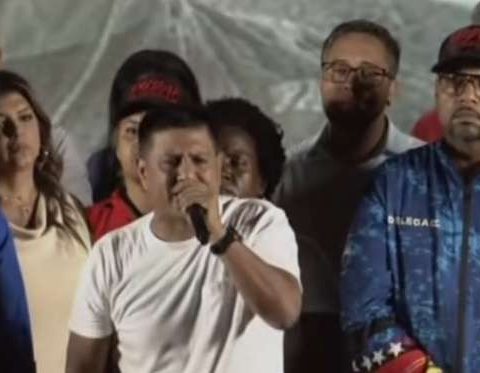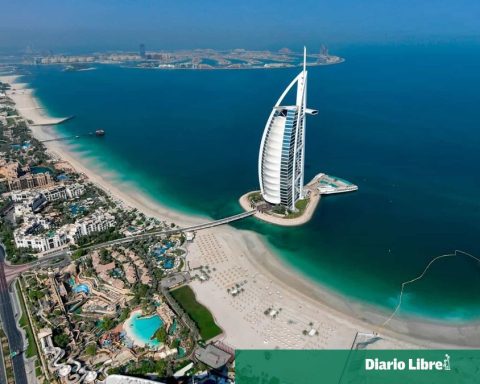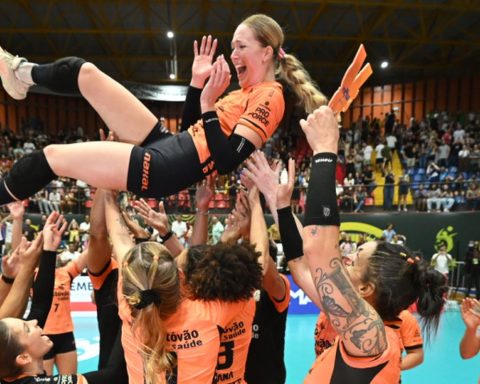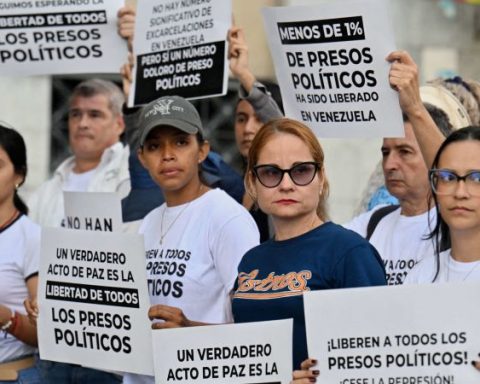The Nicaraguan Tourism Institute (Intur) organized in January some 70 meetings with entrepreneurs and business owners throughout the country, to listen to their needs and proposals, according to Ortega propaganda media, which highlight as the only activity the participation of the authorities of the Intur in 24 international fairs this year.
“Claudia”, responsible for a private reserve in Nicaragua, assures that fear and negative testimonies from visitors persist in Nicaragua, in the face of human rights violations, physical insecurity and restrictions derived from the de facto police state imposed by the Government since September 2023 .
In addition, he added that many tourists left with “a bad taste in their mouths” after the de facto retention or confiscation of equipment and accessories, such as video or photography cameras. Tourists, he adds, also don’t like coming to a country where he sees police officers patrolling the streets. “It is almost impossible for the tourist not to be intimidated by the police presence”, he values, adding that he knows of cases of tourists who cancel their trips or replace their destination.
The Ortega regime took a step back in a measure that prohibited or limited the entry of accessories. But “Claudia” assures that the impact has already occurred, because the foreigners who were affected share their bad experience in travel blogs and social networks.
The tourism entrepreneur maintains that the sector has been “tremendously hit by the crises – sociopolitical and health -“, despite the modest signs of recovery in 2022. As I leave, she adds, there are many small hotels, hostels and shelters that had to close in previous years and do not have the resources to reopen.
They oversize numbers to create false “stability”
The Government is “overestimating” the levels of tourist visits with the objective of “creating a kind of stability” and recovery of Nicaragua, valued an economist who spoke with CONFIDENCEL on condition of anonymity. His estimate is that only about a million tourists come this year.
The recovery of the sector cannot be so dynamic, he explains, because Nicaragua is subject to a country risk, there is a negative international perception because the immigration authorities limit the entry to nationals and foreigners without any justification. And the most recent, they came to Prohibit the entry of binoculars, photographic and video cameras according to a post on January 25, which was revoked two days later, on January 27.
The measure was described by the economist as “ridiculous” and totally contrary to the expectations of positioning the country as a tourist destination. “I think that tourism is a sector that sells expectations and when the expectation of the political part contaminates the business part, it does not give good results,” he said.
The sector, he agrees, requires an economic injection that allows small and medium-sized entrepreneurs –those hardest hit by the economic situation– to re-emerge and improve the tourism infrastructure with a view to further development of the sector. “Efforts would be required through financial facilitation,” he said.
According to data from the Central Bank of Nicaragua (BCN), tourism generated 183.8 million dollars in 2021, 14.7 million less than what was registered in 2020 -198.5 million dollars- and well below the 840.5 million produced in 2017, the year of positive record for the sector.
International tourism is the one that generates real profits for the sector, says “Claudia”. According to data from the BCN, the permanence of international visitors in 2021 stood at 16.7 days with an average daily expenditure of 35.8 dollars.
For “Claudia” there is still “no level of occupancy important enough to say we have already won, and assuming that it comes across – that the level of occupancy was total -, that will be to recover what was lost,” he said.
Tourist activity in Nicaragua had a double setback. In 2018, as a result of the citizen protests that were violently repressed by the Ortega regime and, in 2020, with the appearance of covid-19, which ended up sinking the businesses that had survived in the first onslaught.
The economist assures that the tourism sector is going through a slow to moderate economic recovery, because some entrepreneurs did not recover their investment and had to close their businesses and, in other cases, they were forced to reduce their operations to a minimum to stay afloat and are barely Coming out of those gray days.






